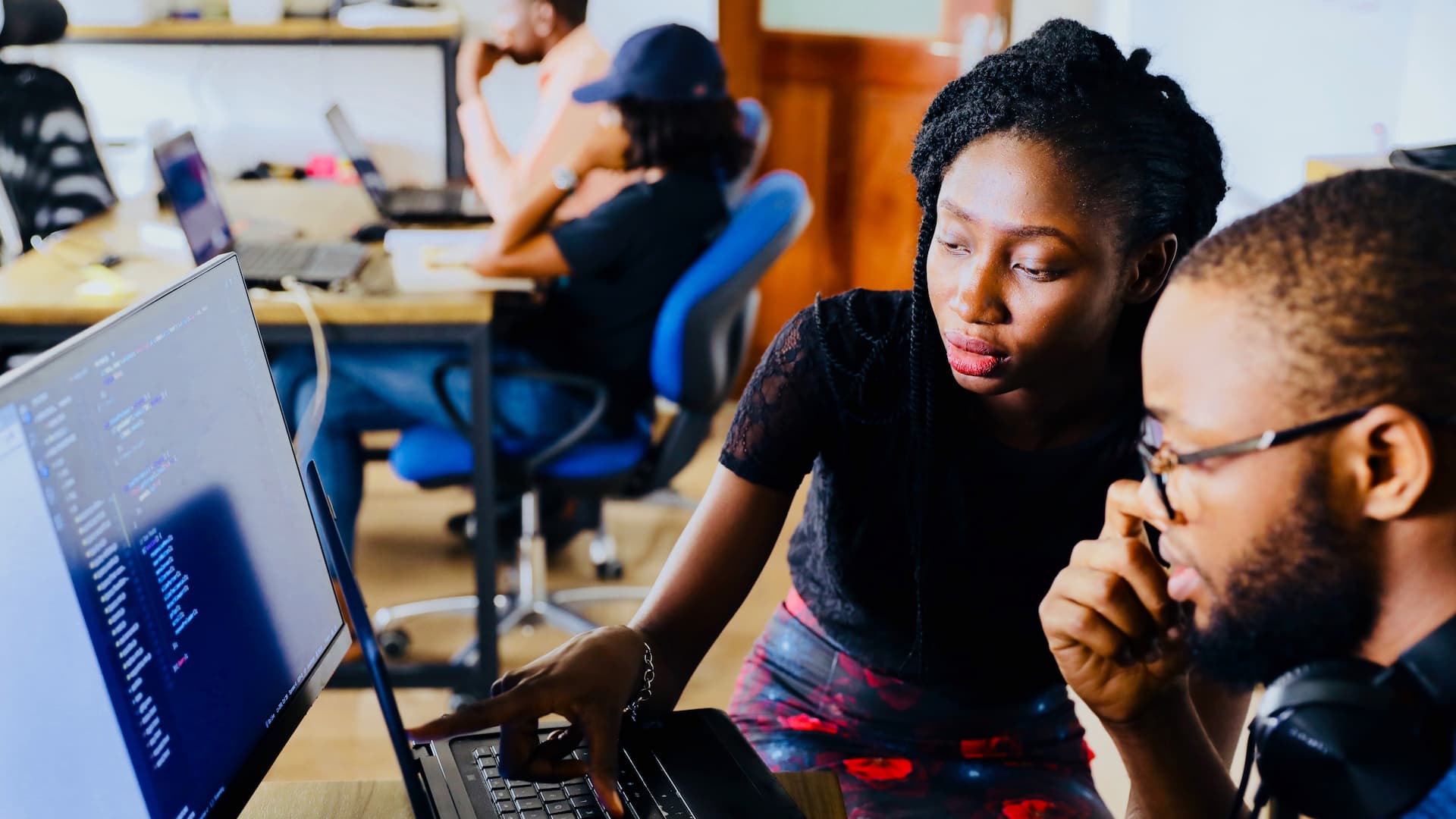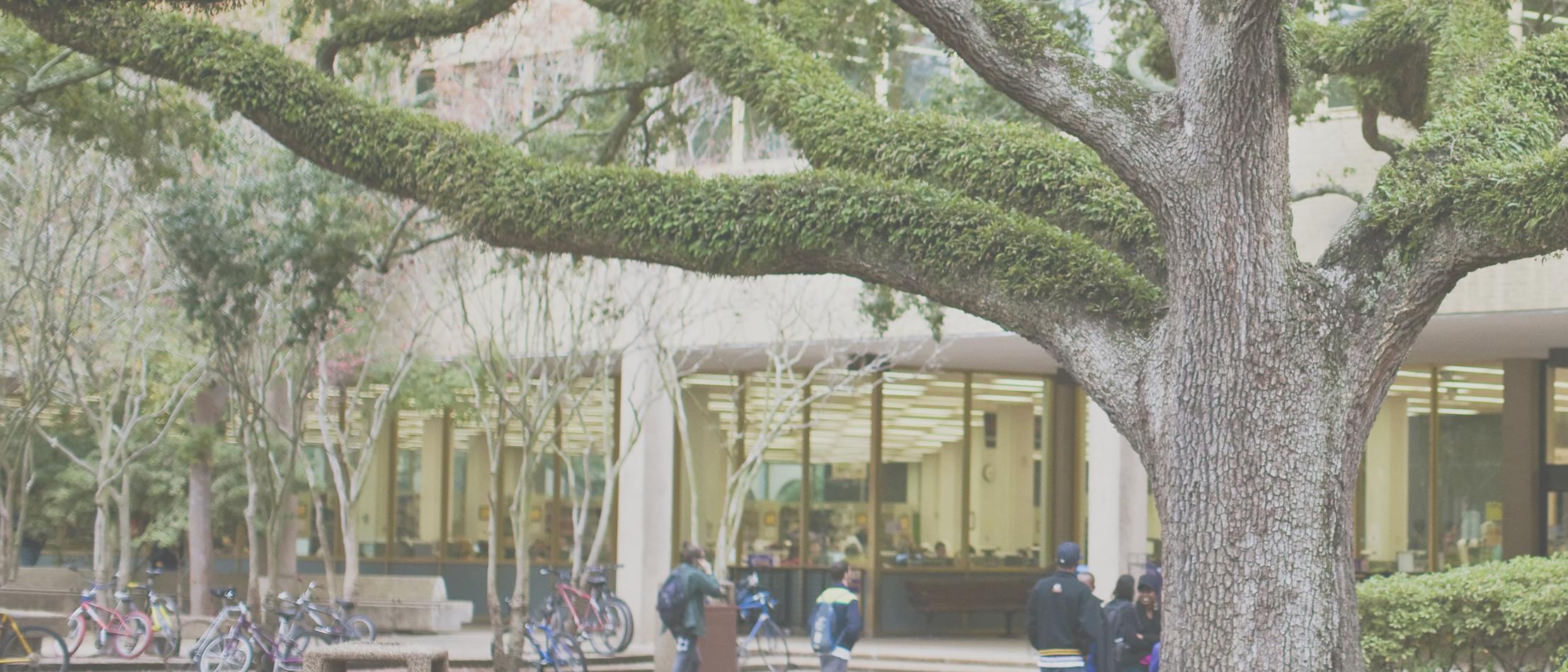
LSU Libraries Special Collections does not grant or deny permission to publish or otherwise distribute material. You must obtain permission from the copyright holder to publish materials. As part of using our materials, you agree to indemnify and hold harmless Louisiana State University, its officers, employees and agents from and against all suits, claims, actions and expenses arising out of your use of duplications provided by Special Collections. All copies of the LSU Libraries Special Collections materials created by patrons or provided by Special Collections fall under allowances provided by Section 107 (Fair Use) and Section 108 (Library and Archives exemptions) of the United States Copyright Act. Copies of materials are provided only for personal study or research.
Answered by: Kelly Larson
A processed collection has gone through several steps to become a cataloged record, thus available to the researching public. Those steps include a thorough vetting of copyright and restrictions, a verbatim transcription or thorough indexing of the interview including time-stamped calibration, the opportunity for the interviewee to review the transcription, the creation of a finding aid that includes important metadata about the collection, the preservation and optimization of audio files, the creation of user-copies, and cataloging. This process requires the efforts of several LSU Libraries staff members and it has been calculated that for every hour of recording, it takes 35-50 hours to fully process. For a detailed breakdown of the stages and fees associated with archiving oral histories, please see The Oral History Budget. All processed collections are found in the catalog record and many are available on the Louisiana Digital Library. An unprocessed collection is one that has not reached the final stage of completion and is not yet ready to be cataloged. Depending on the stage of processing, more or less of the interview will be available to patrons. See below for the availability of unprocessed collections. An unprocessed collection is not in the catalog record nor the Louisiana Digital Library.
A processed collection has gone through several steps to become a cataloged record, thus available to the researching public. Those steps include a thorough vetting of copyright and restrictions, a verbatim transcription or thorough indexing of the interview including time-stamped calibration, the opportunity for the interviewee to review the transcription, the creation of a finding aid that includes important metadata about the collection, the preservation and optimization of audio files, the creation of user-copies, and cataloging. This process requires the efforts of several LSU Libraries staff members and it has been calculated that for every hour of recording, it takes 35-50 hours to fully process. For a detailed breakdown of the stages and fees associated with archiving oral histories, please see The Oral History Budget. All processed collections are found in the catalog record and many are available on the Louisiana Digital Library. An unprocessed collection is one that has not reached the final stage of completion and is not yet ready to be cataloged. Depending on the stage of processing, more or less of the interview will be available to patrons. See below for the availability of unprocessed collections. An unprocessed collection is not in the catalog record nor the Louisiana Digital Library.
Answered by: Jennifer Cramer








